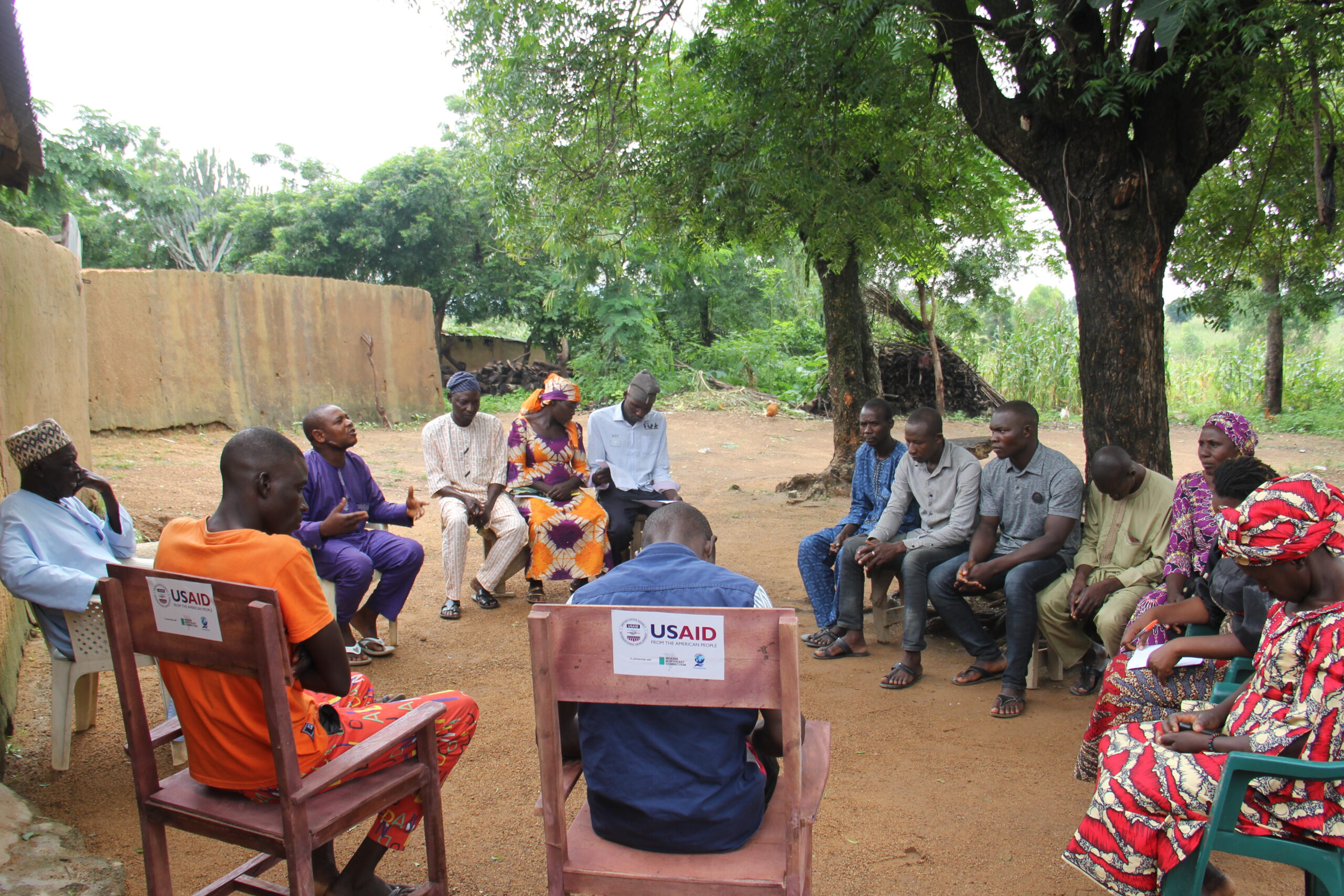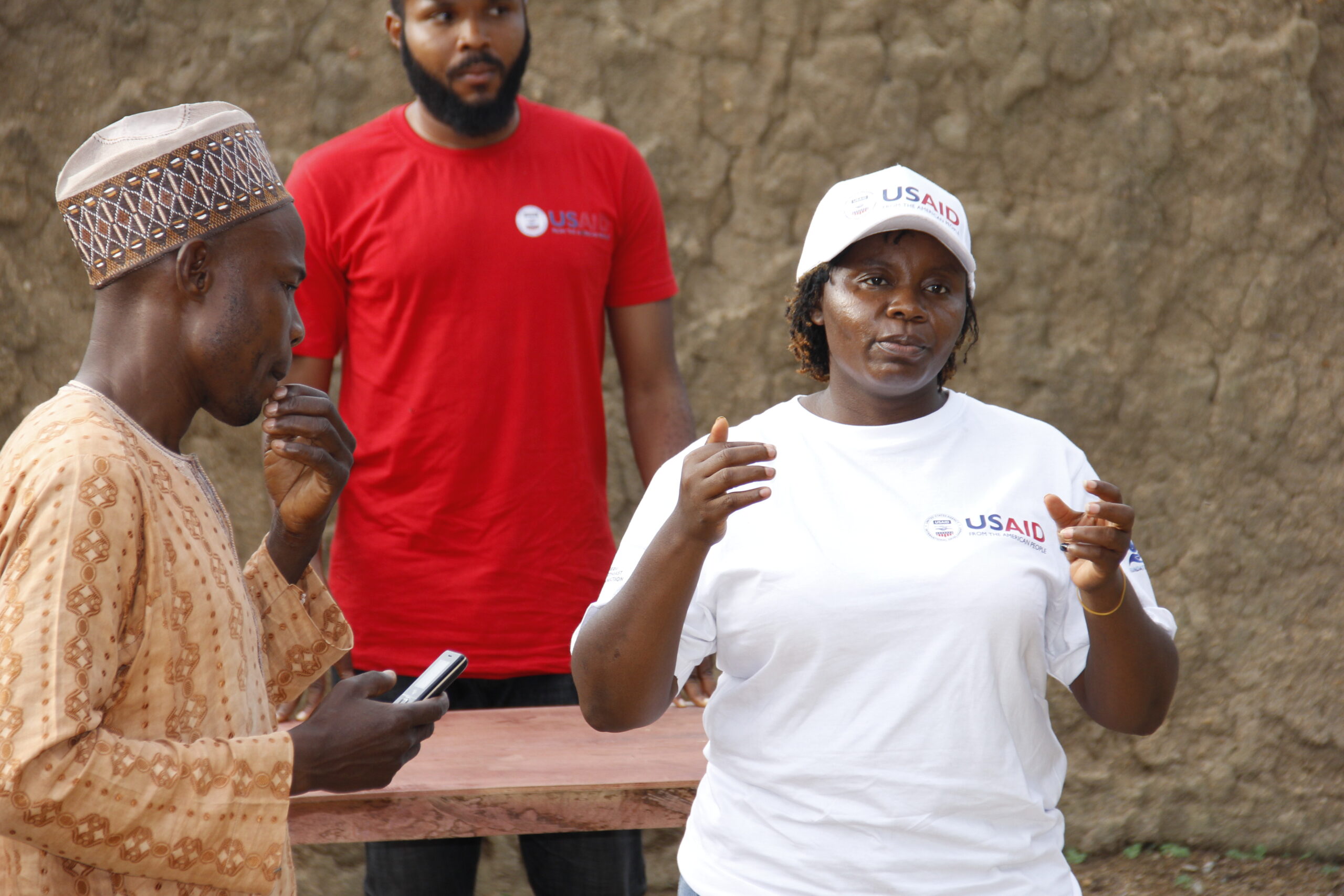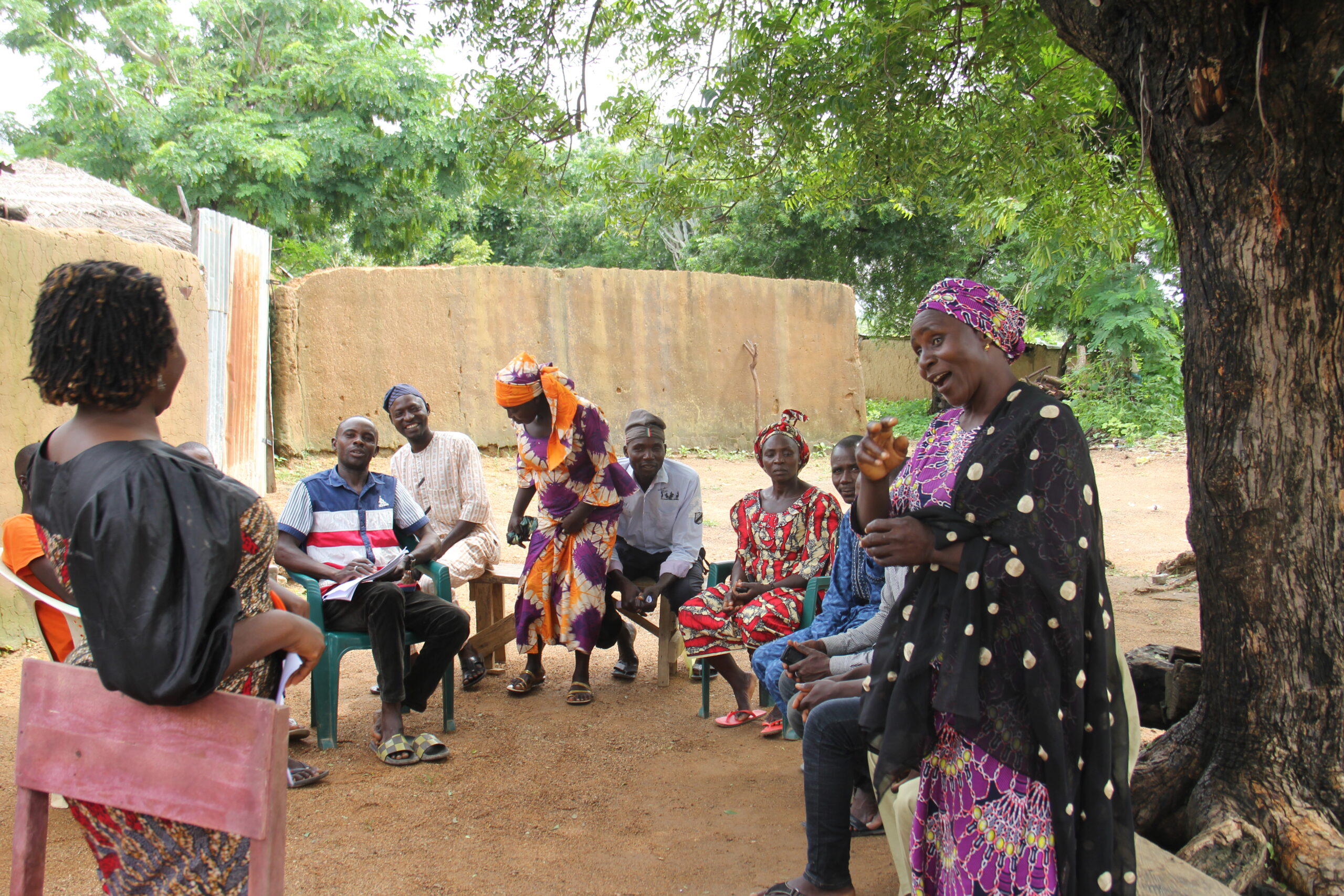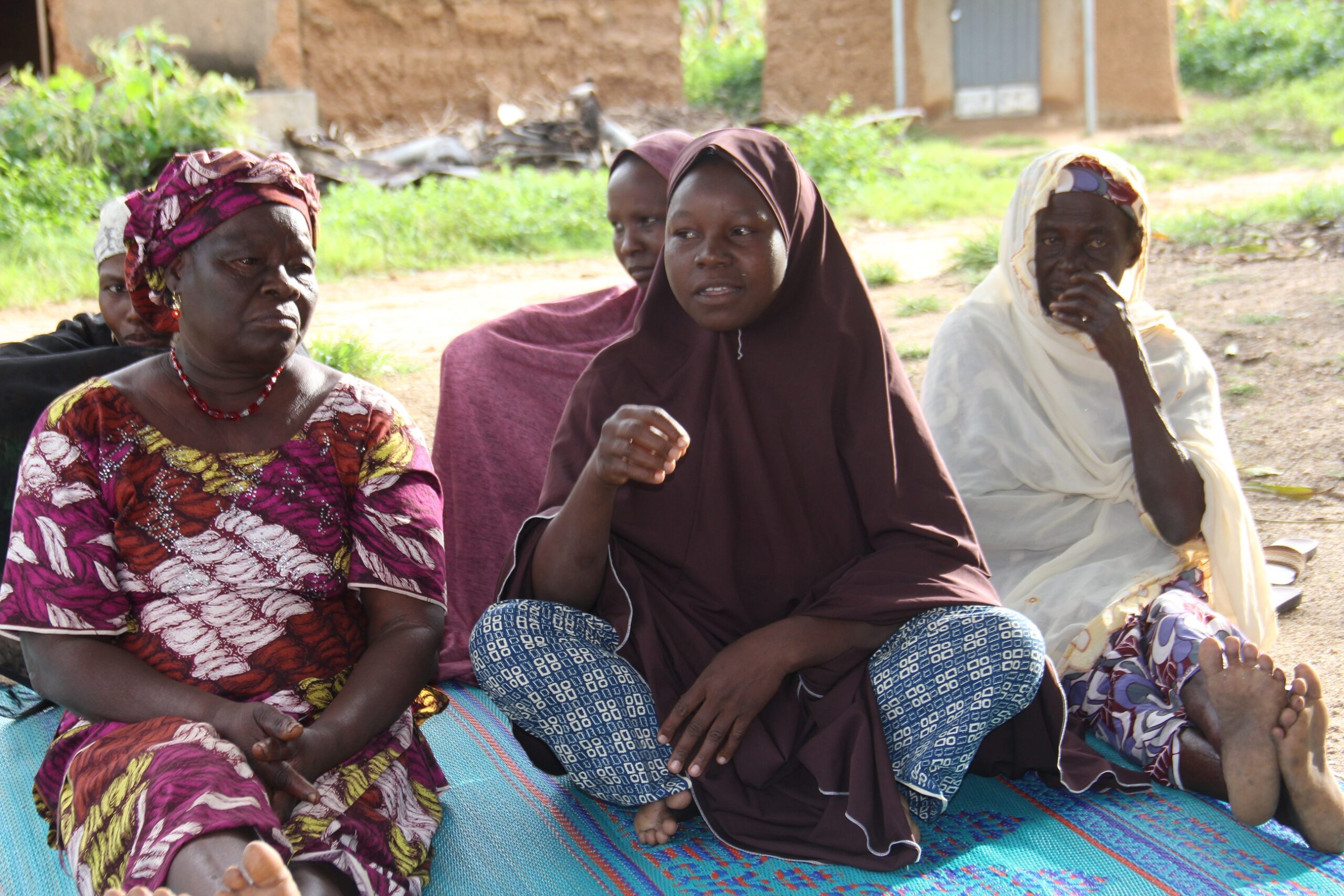Project Title:
SETTING UP TRAUMA LISTENING CENTERS, PSYCHOSOCIAL FIRST AID AND REFERRAL PATHWAYS FOR 12 COMMUNITIES FROM 4 WARDS OF MUBI NORTH AND MUBI SOUTH LOCAL GOVERNMENT AREAS OF ADAMAWA STATE
Supporting Partners:


PROJECT STATUS
Project Background:
In 2022 with funding from USAID/Creative Associates, SWF implemented a project on Setting up Trauma Listening Centers, Psychosocial First Aid and Referral pathways for 12 communities from 4 wards of Mubi North and Mubi South Local Government Areas of Adamawa state. To ensure the project met its overall objectives, SWF had community engagements, capacity building sessions, setting of up trauma listening centers in all 12 selected communities and distributed items needed for the listening centers, organized mentorship sessions for the community caregivers, shared materials on social media and aired a radio program titled trauma chat room throughout the lifespan of the project. A total of 180 community caregivers were trained to provide basic psychosocial first aid services to vulnerable persons across targeted communities in the state. Safer World Foundation was able to raise awareness on trauma and equip communities with functional community-driven psychosocial support systems that will provide basic psychological first aid services to vulnerable community members who experience trauma as a result of conflict and violence and create a referral pathway in Mubi North and Mubi South LGAs.
This project leveraged on Safer World Foundation’s experience in strengthening local capacities to identify and respond to early warning signals, trust-building through trauma healing, Psychosocial support, and community dialogue, and promoting positive perception through resilience-building activities and community engagements.
The project strengthened traditional conflict resolution in the targeted locations in the selected state to support conflict prevention and mitigation efforts. Early warning signals was identified through local community platforms on potential conflict triggers. A community response network will ensure that relevant stakeholders are mobilized to provide an early response either at the community, local, or state level. Regular meetings will be held at each level to analyze trends and identify solutions.
The project also improved trust in authorities’ commitment to providing security and adequate resource management to help prevent communities to turn towards violence. This was achieved through the inclusion of relevant government MDAs in community-level dialogue.
The project was implemented in one community from each of the selected LGAs from the three identified states of the projects. In all, six communities were selected for project implementation.
This project supports UNDP’s Peacebuilding and Conflict Prevention cluster within the Governance, Peace and Security Unit with support from the Japan Government proposes to address the root causes of conflict in the middle belt and the structural deficits that continue to drive it. It recognizes that sustainable community recovery and resilience-building can only be achieved through coordinated interventions in a critical number of communities within the same Local Government Areas (LGAs), thereby promoting the establishment of community resilience networks within and across LGAs With growing evidence which confirms that under the right conditions, citizens can help governments achieve improved development results – especially on issues that have a direct bearing on their lives and livelihoods. The project will contribute to achieving the UN Sustainable Development Goals (SDGs), especially: Goal 1: No Poverty; Goal 3: Good Health and Well-being; Goal 4: Quality Education; Goal 5: Gender Equality; Goal 8: Decent Work and Economic Growth; Goal 16. Peace, justice and strong institutions.

PROJECT GOALS AND OBJECTIVES:
The overall goal of the project was to contribute to strengthening local response to conflict between farmer and herder communities in the Middle Belt States of Benue, Nasarawa and Taraba. Specific objectives included the following:
1. Strengthened traditional conflict resolution
2. Improved trust in authorities
3. Improved intra and inter-communal perception
GALLERY




